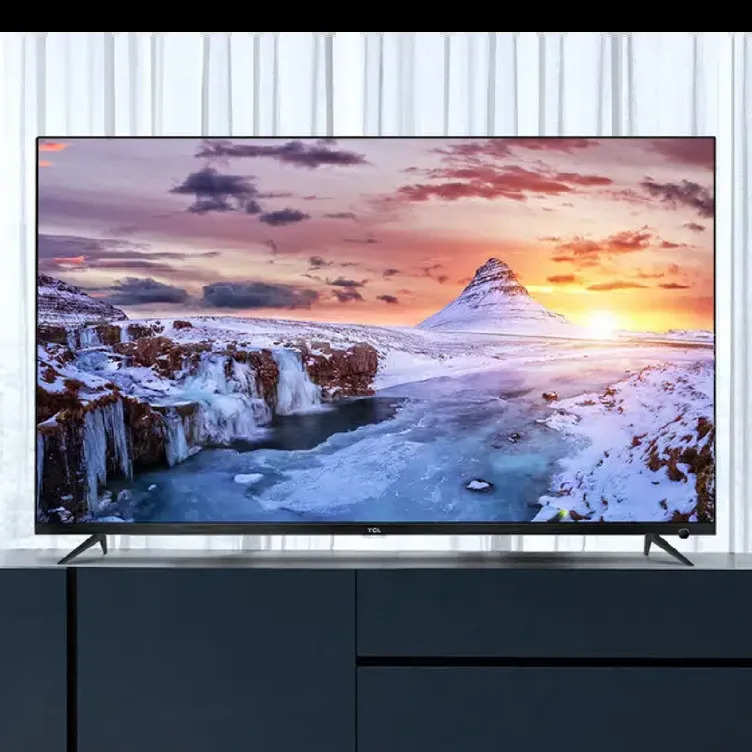Difference Between Andriod TV & Smart TV Explained

For years, there has been a debate between Android TV and Smart TV, with some arguing that the ease of smart TV outweighs the benefits of Android TV, while others argue that Android TV is the only way to experience web content on a larger screen due to all the fantastic features. The television business looks to have caught up with the rocket to meet consumers' increasingly refined needs, making it tough for folks to choose which one will grace your living room or bedroom for years to come.
A smart TV is a television that can receive additional programming through the internet. It's the equivalent of having a computer integrated into your television. Any TV that can access online information, regardless of the operating system it runs, is a smart TV. Android TV is a smart television in this respect.

Smart TV and Android TV are mutually exclusive, with Android TV offering nearly all of the features of a smart TV while running on the Android operating system. When it comes to smart TVs, some manufacturers have their own operating system built in. Samsung's Tizen OS, LG's WebOS, Apple TV's tvOS, and other smart TV operating systems are available. Essentially, all of these televisions are smart televisions.
Different Variety of Supported Applications
With the help of the Google Play Store, Android TV has access to a vast number of apps, starting with the App Library. On your smartphone, you'll find all of the apps you use on a regular basis. From YouTube to Netflix to Hulu and Amazon Prime Video, Android TV has it all. The nicest part is that all of the apps are designed specifically for the TV platform and have simple controls.

App support is limited on smart TVs that use Tizen OS or WebOS. Except for several well-known entertainment apps like YouTube, Prime Video, and Netflix, there aren't many apps in its app store. The next point to consider is that smart TV upgrades are more harder to come by than Android TV updates. On the other hand, Android TV development is fairly active, with developers often sending new updates to a variety of apps.
OS Updates
Because development is highly active and developers constantly release new updates to various applications, Android TV is superior than a smart TV in terms of upgrading applications and media streaming resources. Furthermore, while connected to WiFi, Android TV enables for automatic application upgrades, which is problematic with smart TVs.

Voice Assistant
The built-in Google assistant enhances Android TV's functionality by allowing users to switch channels and search for shows using voice control without the usage of any input device. Because voice control is not possible on smart TVs, users must enter material using a full-size keyboard.
Screen Mirroring
You can screen mirror your favourite app on Android TV from an Android phone thanks to the evident Google Assistant and built-in Chromecast (also known as Google cast). On a smart TV, however, this is difficult to achieve without additional projection equipment, resulting in an added cost.

Final Verdict
The differences between a smart TV and an Android TV are slight. In terms of auxiliary features and app libraries, Android TV is similar to a smart TV, but it offers more. Smart TV with a user-friendly and simple interface usually performs better and runs faster than Android TV because there are less programmes to launch. As a result, both of them are popular television things today, and each has its unique set of characteristics.






